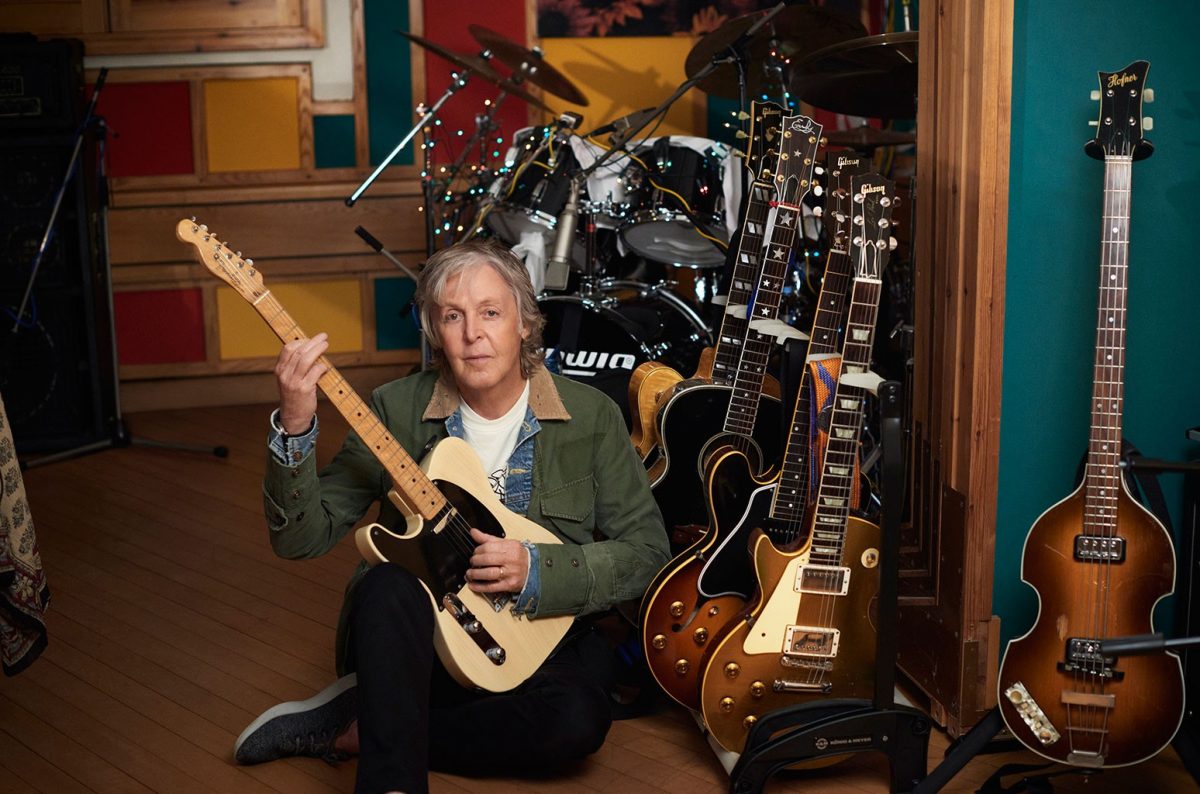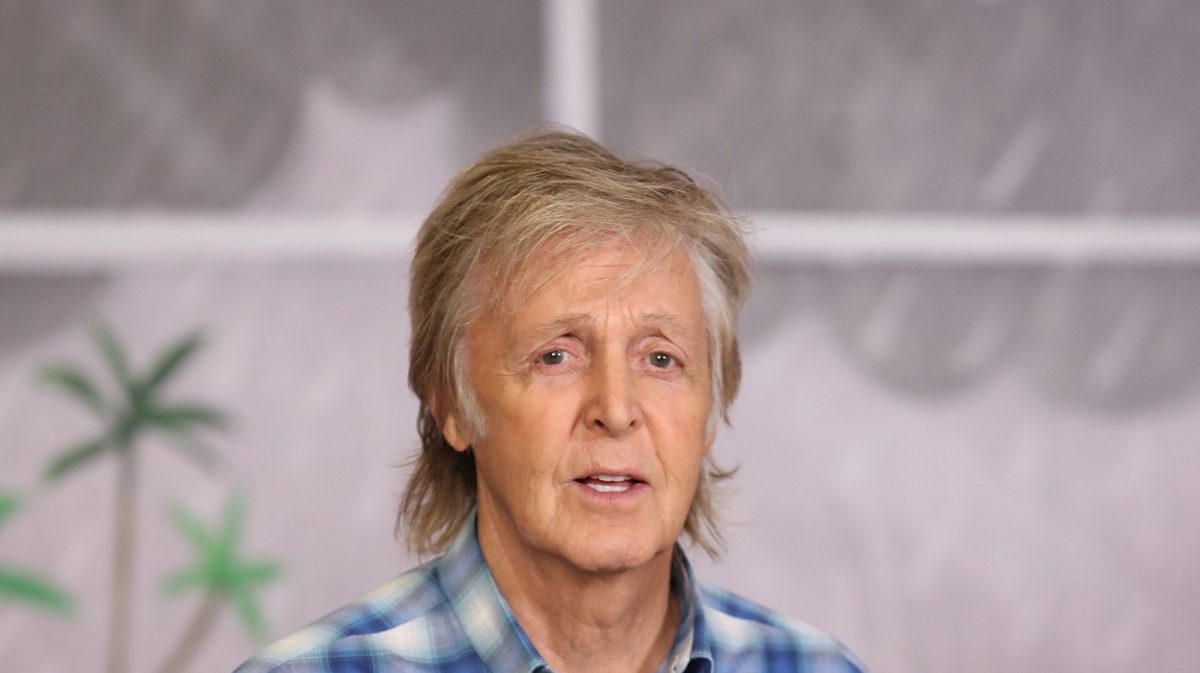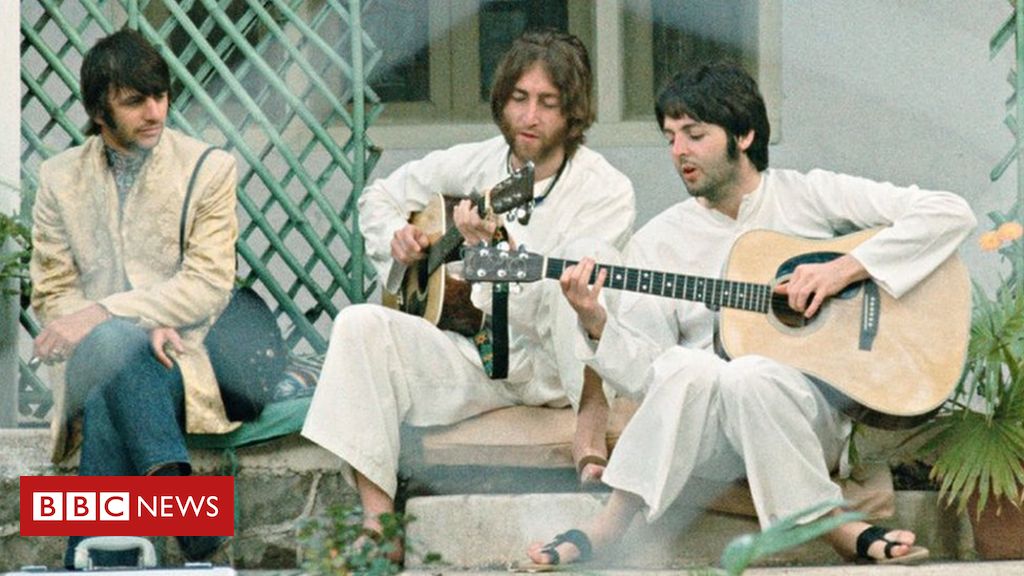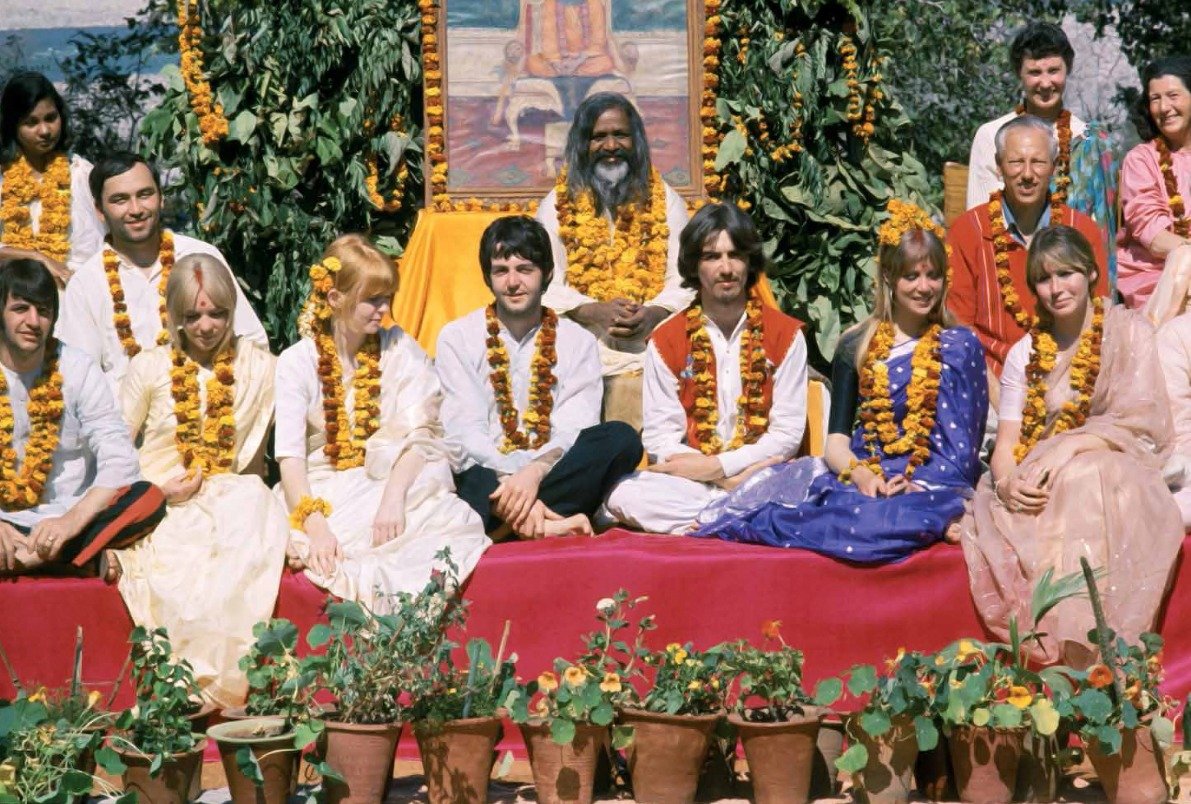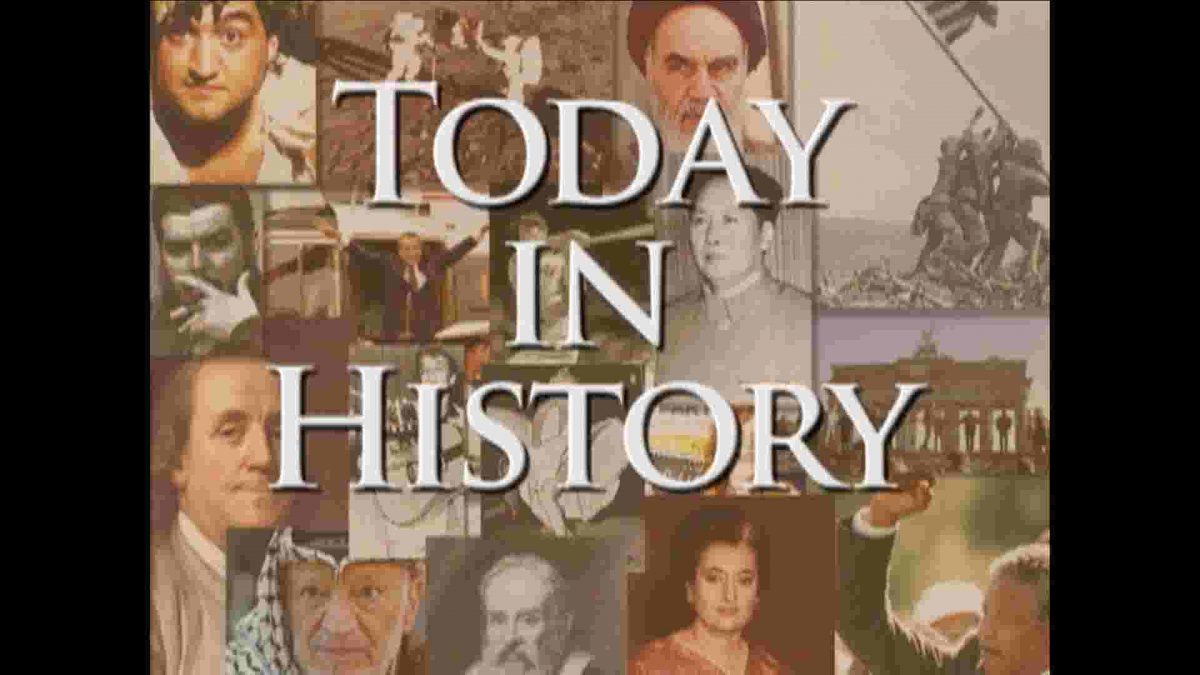How strange a year is this for movie awards?
So strange that Netflix will likely not just lead but dominate all companies in Oscar nominations, and nominees from streaming companies will potentially outnumber ones from Hollywood studios. So strange that the Best Picture winner may well be a movie that never saw the inside of a commercial theater in Los Angeles or New York. So strange that in a year in which the theatrical distribution of films has been all but impossible, the Oscars documentary category shattered the previous record for the number of eligible films, and the international race seems likely to set a new record as well.
And so strange that the Los Angeles Film Critics Association considered the slate of 2020 films, threw its collective hands in the air and decided that the year’s best film was Steve McQueen’s “Small Axe,” which happens to be 1) a limited series for the BBC and Amazon, which is being entered in the television categories at all awards shows, not the film categories; and 2) five separate parts with different characters, different casts and different subjects, as LAFCA essentially admitted when it named one of the “Small Axe” pieces, “Lovers Rock,” runner-up in its music category.
Also Read: Steve McQueen’s ‘Small Axe’ Series Named Best Picture of 2020 by LA Film Critics
A critics’ group whose previous 48 best-film winners have included 11 Oscar Best Picture winners and 41 Best Picture nominees has, for the first time, picked a movie that’s not even eligible for Oscars. (It’ll be competing for Emmys instead.) And it did so, according to a person who took part in the virtual voting, without really discussing whether “Small Axe” belonged in the conversation.
Essentially, LAFCA used this odd, tumultuous year as an opportunity to redefine what a movie is. But then again, the Academy and other critics’ groups have done the same thing by changing their eligibility rules in the wake of the pandemic.
Until this year, a film couldn’t enter the Oscar race unless it was released theatrically for a week in Los Angeles and New York. Prior to 2020, premiering on a streaming or video-on-demand service would disqualify a movie from Oscar contention. Before the pandemic shut down theaters, they were a necessary step to awards.
But to retain those rules this year would be to admit that the 2020 Oscars couldn’t really take place — a prospect that would be a huge financial hit to AMPAS, which derives the vast majority of its operating income from the broadcast rights to the show. So the rules were relaxed and altered, then relaxed and altered some more as the pandemic raged on.
Also Read: Oscars Ease Eligibility Rules, Allow Films With Drive-In Releases to Qualify
At first, films were allowed to qualify if their confirmed theatrical bookings had been cancelled. When the closures continued into the summer and fall, to the point where no new movies would have had confirmed bookings, movies were allowed to qualify by getting letters from exhibitors saying that they would have shown this movie theatrically. Eventually, movies could qualify by premiering on VOD or streaming, but also paying $12,500 to be in the Academy Screening Room.
The Academy spent the year redefining the word movie, and also redefining 2020 by stretching the eligibility date for two months, from Dec. 31 to Feb. 28. Other awards bodies followed suit, leading to this oddest and most elongated of all awards years.
And in that climate, perhaps it’s no surprise that the Los Angeles Film Critics Association decided that it was OK if they redefined the word movie, too. While most critics’ groups have rejected the Academy’s 14-month calendar and held firm to the belief that the best movies of 2020 should not include ones released in early 2021, LAFCA was perhaps emboldened by the loosey-goosey nature of this year to decide that if it was made by a movie director they liked, they could call it a movie.
Also Read: Oscars Documentary Race Tops 200 Entries to Shatter Old Record (Exclusive)
So far, more critics groups have gone for Chloe Zhao’s “Nomadland” — and how strange is it that a daring but understated movie starring mostly nonprofessional actors and made by an indie director whose two previous films had a combined gross of less than $5 million now feels like the safe choice for Best Picture?
But in 2020, after all, strange is the new abnormal. The question is whether we’ll be able to go back to the old normal once this awards season is over and once the pandemic has abated. Netflix and Amazon certainly aren’t going to stop making awards movies, and the companies were able to qualify them long before the new rules made that job easier. But if this year’s routes to eligibility are shut down, will we go back to knowing what’s a movie, what’s a TV show and where the line exists between the two?
Don’t count on it. Lines have been blurring for years, and the pandemic has only accelerated that in the way it has moved virtually all entertainment into the home. At this point, maybe everybody just needs to do what LAFCA did, and define the word movie by borrowing Supreme Court Justice Potter Stewart’s 1964 comment about obscenity: “Perhaps I could never succeed in intelligibly (defining it), but I know it when I see it.”
Related stories from TheWrap:Oscars International Entries Are Close to New Record, But Voters Can’t See Them All Yet5 Years After #OscarsSoWhite, Film Academy COO Is Pushing to ‘Institutionalize the Good’ (Video)Yes, Steven Soderbergh Is Dressed as ‘The Fifth Beatle’ in His Oscars Head Shot
Read Morenzezmtqxmzatyzcyni00ntmyltk0n2etmmm2zdc0mmm4ywjinwy1ymi5nweymtaxzg

